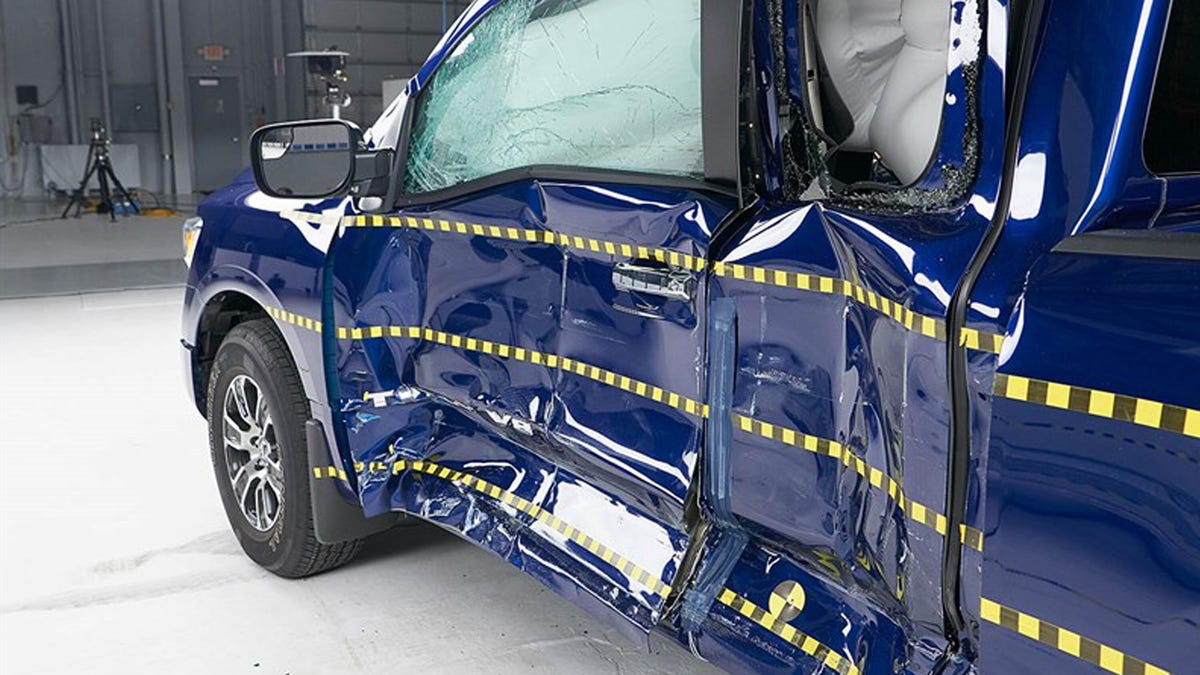NHTSA is changing its rules to make it easier for whistleblowers to come forward
Whistleblowers are protected by the government and can receive a monetary reward for coming forward, but qualifying for those wasn't always simple.
If there's one thing we've learned over the past century or so, it's that big corporations tend to do what's best for them and their shareholders and this isn't always to the benefit of the public. That's why corporate whistleblowers are so important and why the government has laws in place to protect them.
Still, even with those stated protections, speaking up against a company that may provide your livelihood isn't easy. That's why the National Highway Traffic Safety Administration is taking new steps to make it easier for whistleblowers to come forward with information on vehicle safety defects, noncompliance with the Federal Motor Vehicle Safety Standards and violations of the Vehicle Safety Act. Those new steps include launching a website detailing whistleblower status and protections, as well as how to submit complaints, the federal agency announced Monday.
"Safety is the top priority for NHTSA and the entire U.S. Department of Transportation," said Steven Cliff, NHTSA's acting administrator. "Whistleblowers play a critical role in safeguarding our nation's roadways, and we will do everything in our power to protect them."
An example of a successful automotive whistleblower case is the three individuals who helped the US government bring a case against tier-one supplier Takata. The company's fatally flawed airbags resulted in the largest string of recalls in the industry's history, as well as a $1.7 million payout to the whistleblowers from a fund established during Takata's bankruptcy proceedings.
A technician holds a recalled Takata airbag inflator from a Honda Pilot.
Another well-known whistleblower case concerned Tesla pursuing former employee Martin Tripp after he attempted to come forward with information alleging improper battery production and parts scrappage practices at the company's Nevada Gigafactory. In 2018, Tesla sued Tripp for allegedly stealing data and ultimately won its case against him in a Nevada court. The proceedings became very ugly before reaching a legal conclusion.
More recently, in 2019, Reid Bigland, a longtime executive at Stellantis (then Fiat Chrysler Automobiles) sued his former employer and sought whistleblower protection, claiming he had been retaliated against and made a scapegoat after the automaker's sales practices came under fire. The suit was settled quietly, and Bigland eventually resigned from FCA in March 2020.
Under NHTSA's current whistleblower statutes, individuals who come forward not only benefit from legal protection, they can also receive a monetary reward for their role in improving vehicle safety.
The changes to the program NHTSA is proposing are aimed at making qualifying for those benefits simpler for "any employee or contractor of a motor vehicle manufacturer, part supplier, or dealership," but whistleblowers don't need to wait for the rules to become final, according to the organization's press release.


